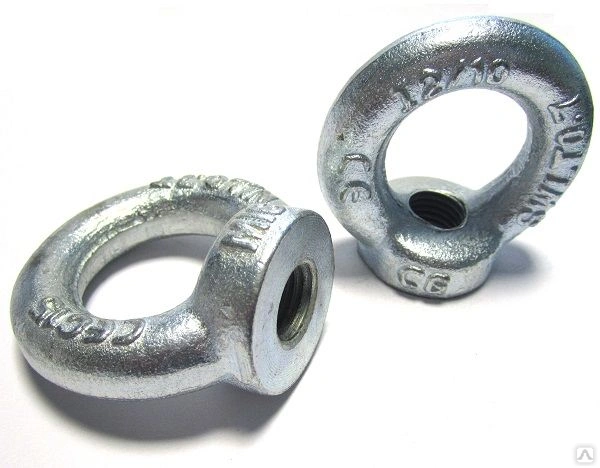News
Oct . 22, 2024 10:28 Back to list
Exploring Various Types of Turnbuckles and Their Applications in Different Industries
Different Types of Turnbuckles A Comprehensive Overview
Turnbuckles are versatile and essential components commonly used in various industries, including construction, marine, and rigging. They serve the critical function of adjusting the tension or length of ropes, cables, or rods. With multiple types of turnbuckles available, understanding their unique features and applications can help you make informed decisions for your projects. This article will explore the various types of turnbuckles, their materials, and their specific use cases.
1. Eye Turnbuckles
Eye turnbuckles are one of the most common types found in marine and rigging applications. They feature eye-shaped ends that allow for easy connection to cables or rods using hooks, clamps, or shackle connectors. Eye turnbuckles are widely used in situations where a secure yet adjustable tension is required, such as in the rigging of sails on boats or in structural applications like supporting masts.
2. Hook Turnbuckles
Hook turnbuckles possess hooks on both ends, making them ideal for quickly connecting to other hardware or fittings without the need for additional tools. These turnbuckles offer convenience and ease of use, which is crucial in situations where time is of the essence, like in performing maintenance on enclosures or temporary structures. Hook turnbuckles are often utilized in scaffolding, stage rigging, and other applications requiring rapid adjustments.
Jaw turnbuckles feature jaw-shaped ends that accommodate pin connections, allowing for a secure fit. These are particularly beneficial in rigging applications where you need a more stable and robust connection, especially in high-stress environments. Jaw turnbuckles are often employed in outdoor settings, such as in tensioning wire fences or securing construction props.
4. Jaw and Eye Turnbuckles
different types of turnbuckles

Combining the features of both jaw and eye turnbuckles, the jaw-and-eye variation provides the flexibility of connecting a jaw-end to a fixed pin and an eye-end that can attach to a cable or hook. This type is particularly useful in complex rigging setups and provides enhanced adjustability, making it suitable for applications in maritime environments, construction, and various sports.
5. Threaded Turnbuckles
Threaded turnbuckles are typically classified based on the type of threads used, which can be either left-handed or right-handed. These turnbuckles allow for precise tension adjustments by rotating the central body. They are widely used in applications where tensioning is vital, such as in suspension systems for bridges and tensioned fabric structures. The ability to fine-tune the tension makes them invaluable in engineering projects requiring a high level of precision.
6. Materials for Turnbuckles
Turnbuckles can be manufactured from various materials, each offering specific benefits. Common materials include
- Stainless Steel Known for its corrosion resistance, making it ideal for marine and outdoor applications. - Galvanized Steel Offers a balance between strength and cost-effectiveness, commonly used in construction and general rigging. - Aluminum Lightweight and resistant to corrosion, suitable for applications where weight is a consideration, such as in aerospace.
7. Conclusion
Turnbuckles are crucial components in various fields, offering flexibility and strength for tension adjustment in rigging and structural applications. With several types, including eye, hook, jaw, and threaded turnbuckles, each suited for specific uses, it’s essential to select the right type based on the demands of your project. Understanding the materials used in turnbuckle construction also allows for informed decisions, ensuring reliability and performance in challenging environments. Whether you’re involved in marine activities, construction, or any field requiring secure tensioning solutions, turnbuckles are indispensable tools that significantly enhance safety and effectiveness in your operations.
